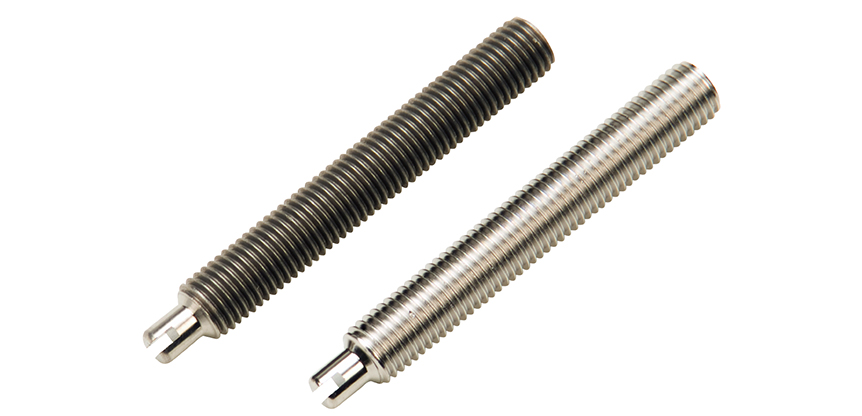Even a metal part that looks flawless to the naked eye can have micro imperfections that drastically shorten its fatigue life. Parts that bend and flex, like springs, are particularly vulnerable to the notch effect, which can cause part failure before they last as long as estimated. What is the notch effect, exactly, and how can electropolishing stainless steel and other metal parts prevent it from causing premature part failure?
The Notch Effect, Explained
The basic principle of the notch effect is simple: A part with surface defects is weaker than one with a smooth, defect-free surface. Consider the difficulty you may have snapping a thick dowel rod in half—if you saw through the surface and create a crack, though, the rod breaks with considerably less resistance.
Before electropolishing, this is what can easily happen to metal parts that twist, cycle and bend. Their imperfections may not be as readily visible, but under magnification, micro pits and cracks are easier to detect. These surface-level imperfections grow more severe as the part is used, increasing in size and compromising the part's functionality.
How Electropolishing Eliminates the Notch Effect
Electropolishing stainless steel springs, music wire and other metal parts can prevent the notch effect from doing long-term damage, making it easier for them to reach their desired stress requirements. Electropolishing removes a small, controlled amount of surface material from a part—including the micro defects left behind by stamping and other machining operations. This has a smoothing effect that leaves the surface of the part free of the cracks, crevices and imperfections that grow over time and cause part failure.
When electropolishing stainless steel and other metals, an electropolisher may need to experiment with different amounts of surface material removal. This process enables them to remove just enough material to eliminate the detrimental micro cracks, enabling the part to achieve the desired stress requirements without altering its size more than necessary.




